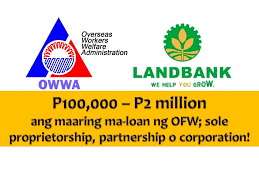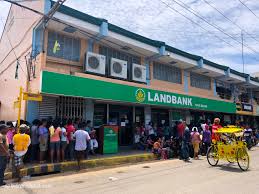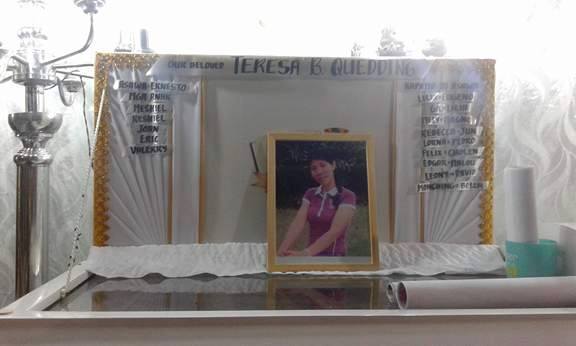
By Juanito Concepcion
Nearly 450,000 overseas Filipinos (OFs), mostly from the Middle East, have returned home as of February this year after losing their jobs abroad due to the Covid-19 global pandemic, according to Department of Labor and Employment (DOLE) officials. [https://www.pna.gov.ph/articles/1131387]
They expect the number to increase further — a reasonable expectation as Covid-19 continues to wreak havoc on economies around the world, including closure of loss-making companies and layoffs of workers, resulting in unemployment spikes.
But as the number of retrenched or jobless ex-OFWs continues to increase, are they being absorbed and transformed into productive members of society through the government’s OFW reintegration program? Sadly and tragically for OFWs who have gone home after losing their jobs overseas, reintegration assistance by the government appears more imaginary than real.
From all indications, reintegration of retrenched ex-OFWs isn’t being given high priority by relevant government agencies, specifically DOLE and OWWA.
The appalling lack of regard for reintegrating displaced OFWs back into Philippine society are clearly and amply reflected by the following indicators:
1] Lack of publicity in the media and in government announcements the latter’s concern to reintegrate productively back to Philippine society overseas Filipinos who have lost their jobs overseas in the wake of Covid-19.
2] Inexplicable lack of any updates on the P2 billion OFW reintegration funding program launched in June 2011 by the government specifically for the purpose of funding livelihood projects to be set up by returning OFWs. Neither one of three government agencies – Land Bank of the Philippines (LBP), Development Bank of the Philippines (DBP) and the Overseas Workers Welfare Administration (OWWA) – has bothered since Covid-19’s outbreak in 2020 to say anything or provide any update on lendings to ex-OFWs who wish to put up livelihood projects. This inexplicable silence raises more questions than answers on the government’s interest to reintegrate back to society OFWs who have lost their jobs overseas.
Ironically and pathetically, this inaction and apparent apathy comes at the worst time amid a very critical and pressing need to generate as many economic activities as possible across the country to address the worsening hunger and poverty across the country as the economy continues to suffer from Covid-19.
What needs to happen for the government’s reintegration program to provide ex OFWs or returning OFWs with genuinely meaningful and helpful assistance? The following critically important things need to be adopted and put in place:
1] Undertake a major holistic revamp of the ongoing P2 billion OFW reintegration program, preferably after getting vital inputs from even a handful of OFWs especially those with finance and entrepreneurship backgrounds. Launched in June 2011, the P2 billion OFW fund reintegration program seems to have vanished into thin air!
2] Put in place mentorship support to enhance the success of aspiring entrepreneurs and this reintegration program. How can mostly first-time entrepreneurs succeed if they don’t have mentors to support and help them. A case in point: how can a baby learn to walk without critical support of parents? Mentors though need to have actual business operations experience and should not be merely academics spewing out theories from books. Undoubtedly, newbie entrepreneurs are very likely to fail unless assisted by ex or current entrepreneurs.
3] Provide ex-OFWs much easier access to government credit. What’s the point of having the “missing” P2 billion OFW reintegration fund since 2011 if borrowers don’t have access to it? It’s crazy! Unfortunately, lead lender Land Bank doesn’t want to lend to borrowers with start-up livelihood projects or those that will start from scratch. Also, LBP doesn’t want to take risks in its lending. Thus, it requires land title as collateral or security for loan and a profit track record of at least three years in the borrower’s business. With its stringent requirements, LBP effectively screens out most ex-OFW borrowers. [This writer should know, I’ve once met with its senior officials and got this unpleasant message loud and clear.]
4] To revive the government’s “missing” reintegration program, why not come up with a more innovative credit scheme? If OWWA’s Balik Pilipinas, Balik Kabuhayan can only afford to give ex-OFWs a one-off grant or free money of only P20,000 to start a livelihood project, so be it. But hard questions should be asked: How can a person start a new business with a start-up capital of only P20,000? Isn’t this laughable and ludicrous?
To address lack of funds for aspiring entrepreneurs among ex-OFWs, why not supplement OWWA’s small grant with “soft loans” from Land Bank? Why not ask – or mandate LBP – to set aside an initial P1 billion to P2 billion to provide “soft loans” of at least P100,000 to P150,000 each ex OFW? If an ex OFW gets OWWA’s miniscule grant plus an LBP soft loan, the amount can suffice to set up a small livelihood project.
Asking Land Bank for help to bolster the government’s OFW reintegration program should be considered very seriously. The bank anyway is government owned and it has lots of money because it’s extremely profitable. In 2019, it earned a net profit of P18.51 billion, up 20% from P15. 48 billion in 2018. In 2020, Land Bank’s net profit stood at P17.1 billion.
5] Tapping OFWs as funding source for the government’s OFW reintegration program and recovery of the country’s economy should also be looked into seriously. If the government offers high-yielding retail bonds to overseas Filipinos that pays 5% interest every six months, for instance, I see no reason why this scheme won’t succeed. Far too many OFWs still invest hard-earned savings in pyramid scams simply because they don’t have access to legitimate investment products.
If tens of thousands of small livelihood projects are set up by ex OFWs in barangays, towns and cities across the country, this can help the country in a very big way in various ways, including OFWs in general , – create economic activities across the country, reduce poverty, reduce demand for “ayuda” or government aid, reduce the allure of going abroad again in search of incomes and reintegrate families once split up when OFWs were at work overseas.
* Email this writer at: jchk94@yahoo.com
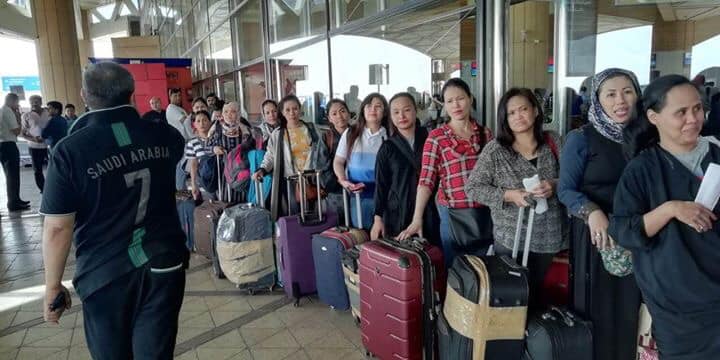 By Jun Concepcion
By Jun Concepcion

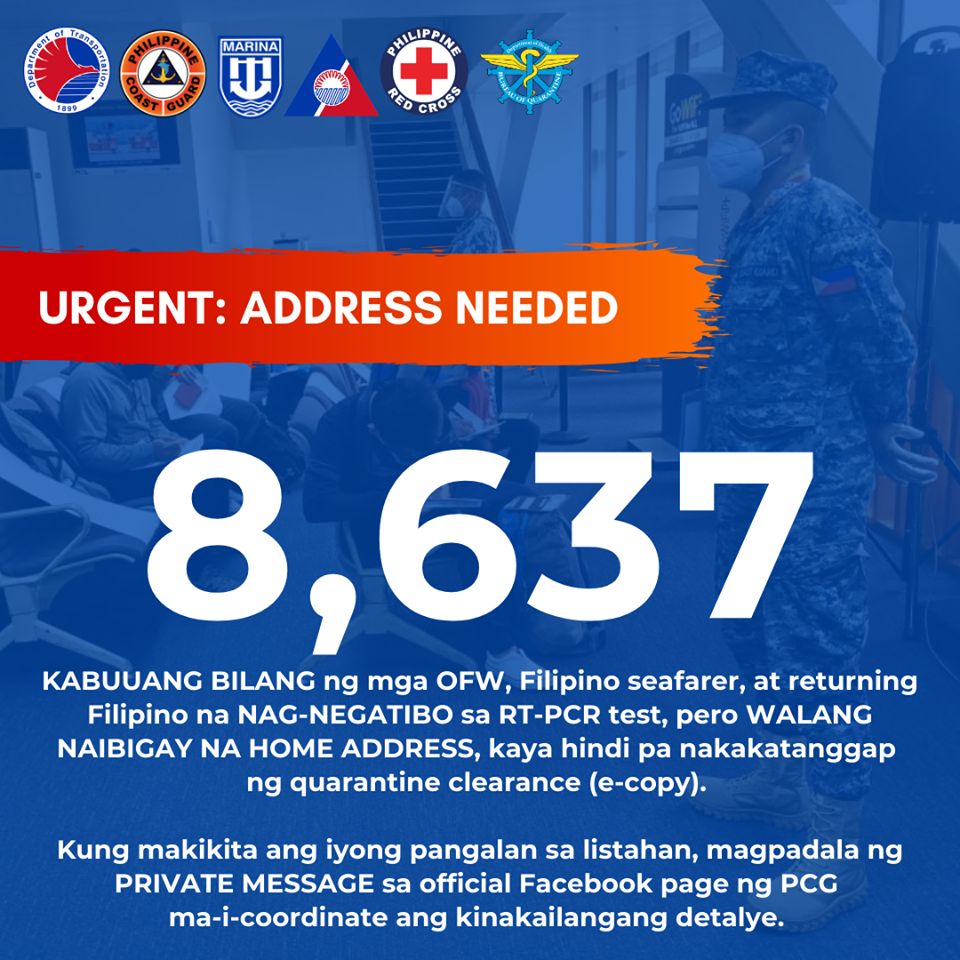
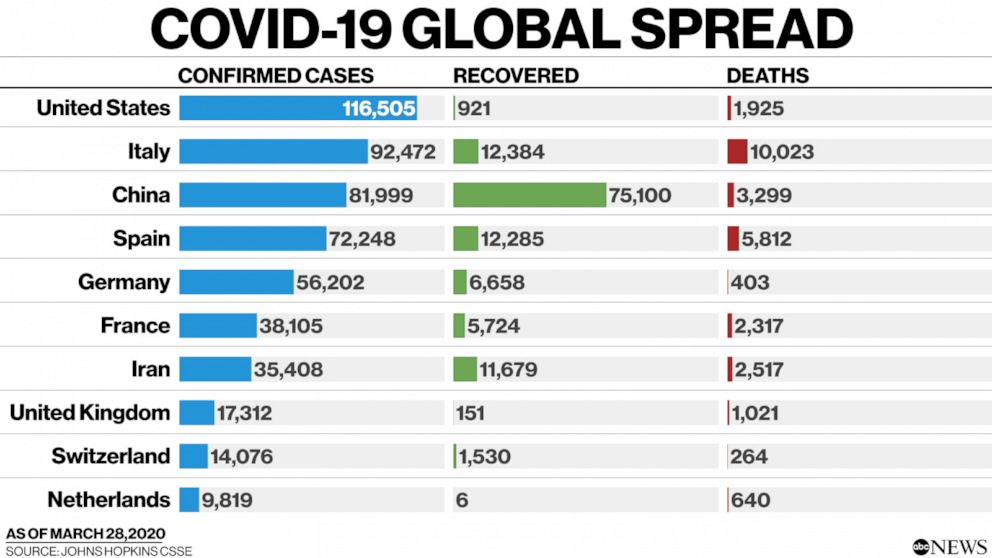
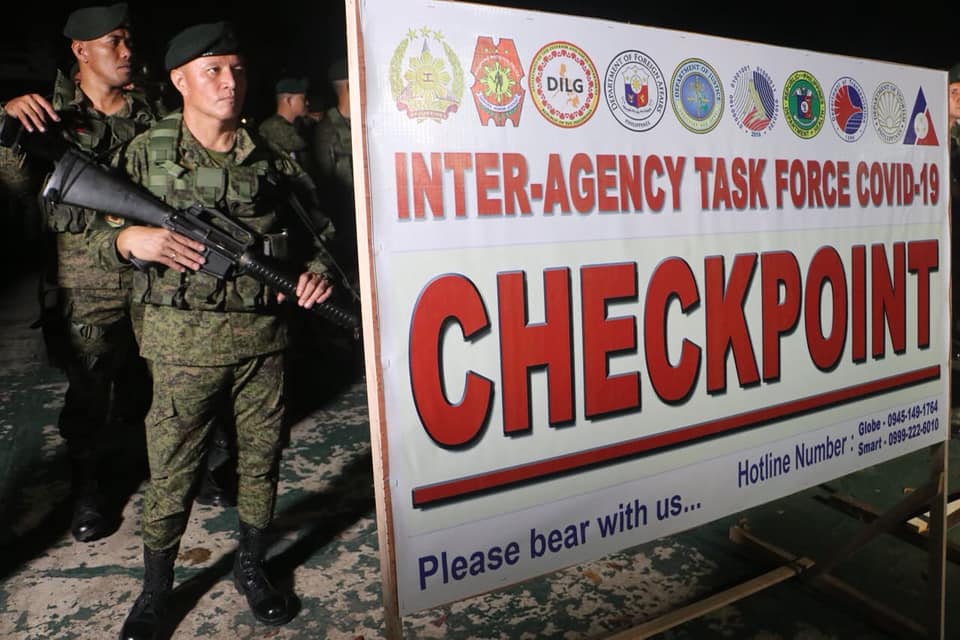 First off, let’s settle the irritating play of words or semantics. Which term is best to use? “Community quarantine” or lockdown?
First off, let’s settle the irritating play of words or semantics. Which term is best to use? “Community quarantine” or lockdown?

